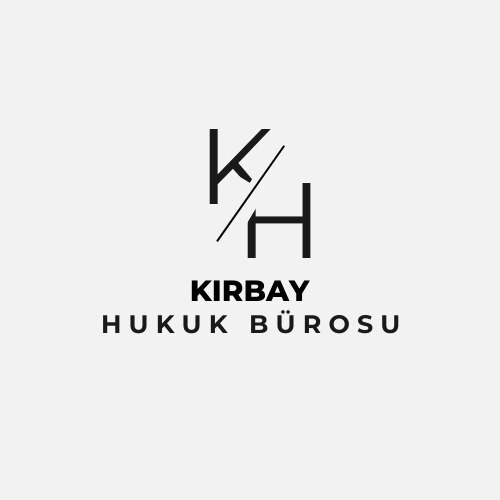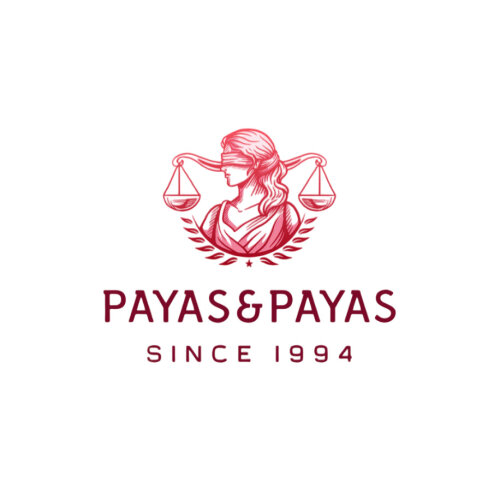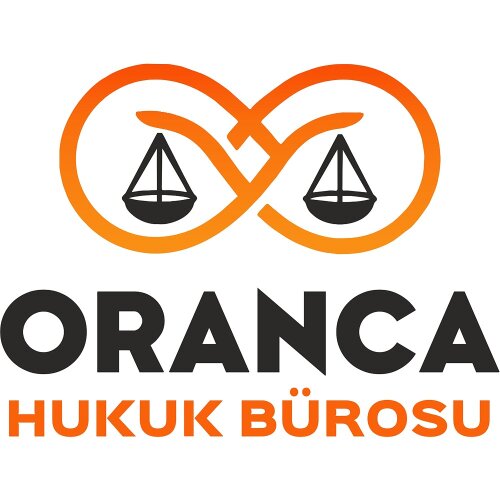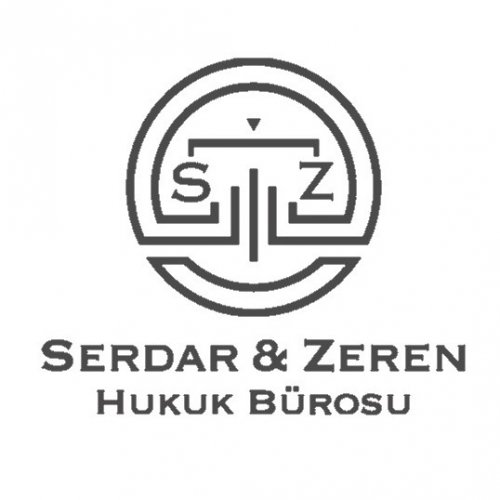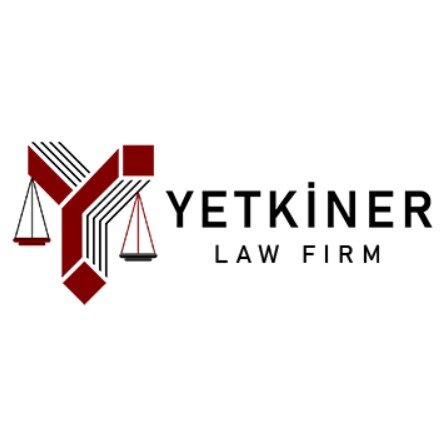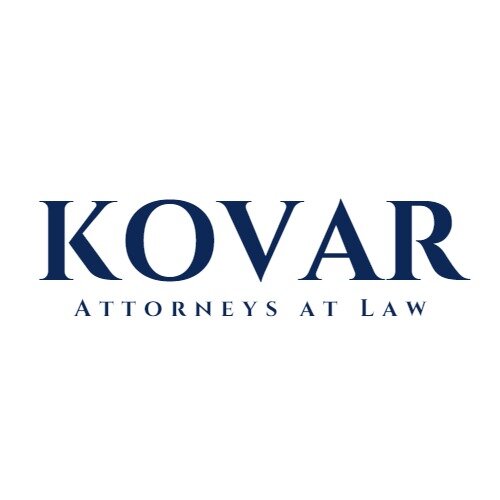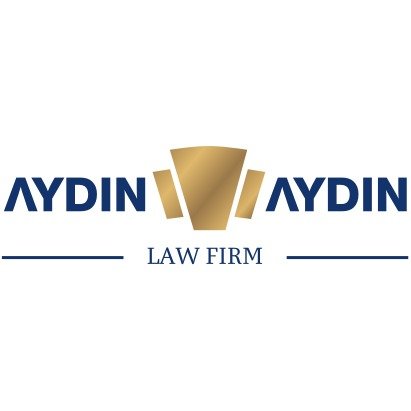Best Sanctions & Export Controls Lawyers in Izmir
Share your needs with us, get contacted by law firms.
Free. Takes 2 min.
List of the best lawyers in Izmir, Turkey
About Sanctions & Export Controls Law in Izmir, Turkey
Sanctions and export controls law in Izmir, Turkey, refers to the regulations and legal frameworks that govern the flow of goods, technology, and services across national borders, as well as the restrictions imposed by the Turkish government or international bodies on dealings with certain countries, individuals, or entities. As Izmir is a significant port city with an active trading sector, businesses and individuals engaging in import and export activities need to be particularly aware of these rules. The laws are designed to ensure compliance with international obligations, protect national security, and foster responsible trade practices.
Why You May Need a Lawyer
There are multiple situations in which consulting with a sanctions and export controls lawyer in Izmir may be necessary. Common examples include:
- Facing investigations or accusations of violating export control regulations or sanctions.
- Expanding your business internationally and unsure about required compliance steps.
- Receiving notification from customs, banks, or government ministries about potential violations.
- Needing advice on contractual terms that might conflict with Turkish or international sanctions.
- Encountering blocked transactions or asset freezes involving sanctioned parties.
- Shipping dual-use items or high-technology goods that may require government permits.
- Dealing with the aftermath of new or amended sanctions affecting your trade partners or markets.
A qualified lawyer can help you understand the complexities, minimize risk, handle official investigations, and avoid severe penalties.
Local Laws Overview
In Izmir, as throughout Turkey, sanctions and export controls law draws from both domestic statutes and international obligations. Turkey implements export restrictions under the Export Control Law and related regulations, controlling the trade of strategic items, dual-use goods, and technologies with military or security implications. The Ministry of Trade and the Ministry of National Defence are the primary authorities overseeing export licenses, classifications, and audits.
Turkey also enforces its own sanctions as well as those adopted under United Nations resolutions. While not a member of the European Union, Turkey may align with or diverge from EU or US sanctions, especially in sensitive geopolitical contexts. For companies in Izmir, this means consulting Turkish-specific regulations as well as being aware of external rules that may affect business, such as those from major trading partner jurisdictions.
Exporters must ensure compliance with customs declarations, licensing requirements, and end-user certificate documentation. Violations can lead to administrative penalties, restricted trading rights, or even criminal prosecution.
Frequently Asked Questions
What are sanctions and export controls?
Sanctions are legal restrictions imposed on certain countries, individuals, or entities, often for political or security reasons. Export controls are regulations that restrict the movement of specific goods, technology, or services across borders to protect national security or fulfill international commitments.
Who is subject to these laws in Izmir?
Any individual or business based in Izmir involved in exporting, re-exporting, or brokering goods, services, or technology may be affected. This includes manufacturers, freight forwarders, logistics companies, and agents.
How can I find out if my products are subject to export controls?
You should review the Turkish dual-use goods list and consult with the Ministry of Trade or a qualified legal adviser. Certain chemicals, electronics, aerospace items, and advanced technologies are commonly controlled.
Which government bodies oversee sanctions and export controls in Turkey?
The Ministry of Trade administers export control measures, while the Ministry of National Defence and Ministry of Foreign Affairs have specific roles regarding sensitive goods and alignment with international obligations.
What penalties exist for violating sanctions or export controls?
Penalties can range from administrative fines and revocation of export licenses to criminal prosecution and imprisonment, depending on the nature and severity of the violation.
Do international sanctions apply automatically in Turkey?
Not all international sanctions apply automatically. United Nations sanctions are binding, but Turkey may selectively implement sanctions imposed by other countries or organizations.
Am I allowed to export to sanctioned countries or individuals?
Generally, exports to sanctioned countries or individuals are prohibited without express government permission. Always consult with relevant authorities or legal counsel before proceeding.
Can legal advice help me avoid violations?
Yes. A lawyer can help you interpret regulations, prepare compliance programs, draft agreements, and guide you through licensing or disclosure processes to avoid unintentional violations.
What records must I keep as an exporter in Izmir?
Exporters are typically required to maintain shipping documents, licenses, end-user certificates, and communications relating to all export transactions for a set period as determined by Turkish law.
How often do these laws change?
Sanctions and export controls can change frequently, especially in response to global events or shifts in international relations. Staying updated through official bulletins or professional alerts is essential.
Additional Resources
Individuals and businesses seeking more information or legal guidance can consult the following resources:
- Ministry of Trade - Directorate General for Imports
- Ministry of National Defence - Export Control and Compliance authorities
- Izmir Chamber of Commerce - International Trade Desk
- Turkish Exporters Assembly
- Local bar associations with export controls and sanctions experts
These organizations can provide official guidance, recent regulatory updates, or referrals to qualified legal professionals in Izmir.
Next Steps
If you suspect you need advice or have encountered potential issues with sanctions or export controls in Izmir, start by gathering all relevant documents, correspondence, and transaction records. Reach out to a legal professional specializing in sanctions and export controls to discuss your situation in detail. Be candid about your operations and concerns, as this will allow your lawyer to advise you accurately and design a compliance or defence strategy. Regularly review updates from the Turkish government and international sources, and consider establishing ongoing compliance training for your staff to minimize future risks.
Lawzana helps you find the best lawyers and law firms in Izmir through a curated and pre-screened list of qualified legal professionals. Our platform offers rankings and detailed profiles of attorneys and law firms, allowing you to compare based on practice areas, including Sanctions & Export Controls, experience, and client feedback.
Each profile includes a description of the firm's areas of practice, client reviews, team members and partners, year of establishment, spoken languages, office locations, contact information, social media presence, and any published articles or resources. Most firms on our platform speak English and are experienced in both local and international legal matters.
Get a quote from top-rated law firms in Izmir, Turkey — quickly, securely, and without unnecessary hassle.
Disclaimer:
The information provided on this page is for general informational purposes only and does not constitute legal advice. While we strive to ensure the accuracy and relevance of the content, legal information may change over time, and interpretations of the law can vary. You should always consult with a qualified legal professional for advice specific to your situation.
We disclaim all liability for actions taken or not taken based on the content of this page. If you believe any information is incorrect or outdated, please contact us, and we will review and update it where appropriate.




